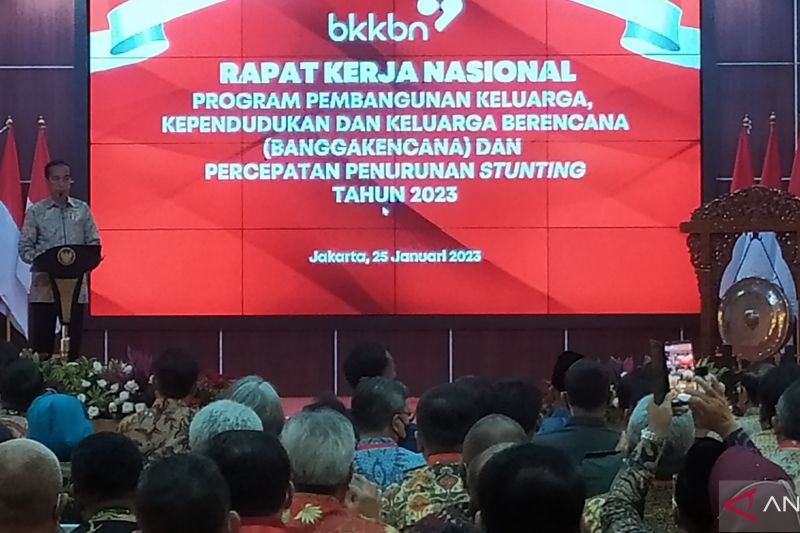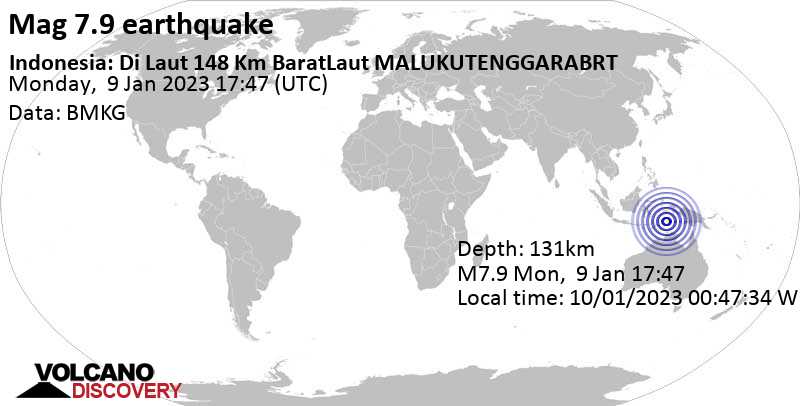“It has been conveyed by the health minister that in 2022, the (stunting) prevalence declined to 21.6 percent. This is (due to) the hard work of us all,” the head of state noted at the National Working Meeting on the Strategy of Family Development, Population and Family Planning, and the Stunting Reduction Acceleration Program here on Wednesday.
According to the president, the reduction in stunting prevalence in 2022 is quite drastic as compared to when he first led the government in 2014. At that time, the stunting prevalence still stood at 37 percent.
“Stunting in our country becomes a very big homework that must be completed immediately,” he stated.
Jokowi expressed optimism that the government would be able to reduce the stunting prevalence to 14 percent in 2024 through synergy and improvement in the programs of central and regional governments.
“We all move together. This number is not a difficult number to achieve as long as everyone works together,” he affirmed.
The president highlighted that the problem of stunting in Indonesia must be resolved promptly, as it is one of the keys to improving the quality of human resources.
According to President Jokowi, improvement in the quality of human resources is essential, so that Indonesia can compete at the regional and global levels. Increasing Indonesia’s competitiveness will aid in boosting the economy and people’s welfare.
He noted that all countries are currently competing with one another in terms of investment and technology, among others.
“The key is quality human resources,” he added.
In 2021, Indonesia’s stunting prevalence stood at 24.4 percent. The WHO has recommended stunting prevalence to be below 20 percent.
Related news: Stunting prevention through prospective mothers runs smoothly
Related news: Food portions to children need to be given as per age group: ministry
Related news: BKKBN’s stunting handling to focus on people with uninhabitable homes




































